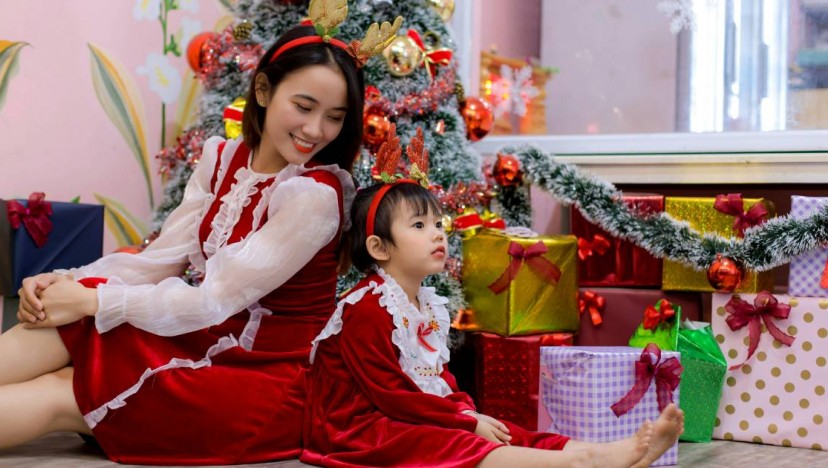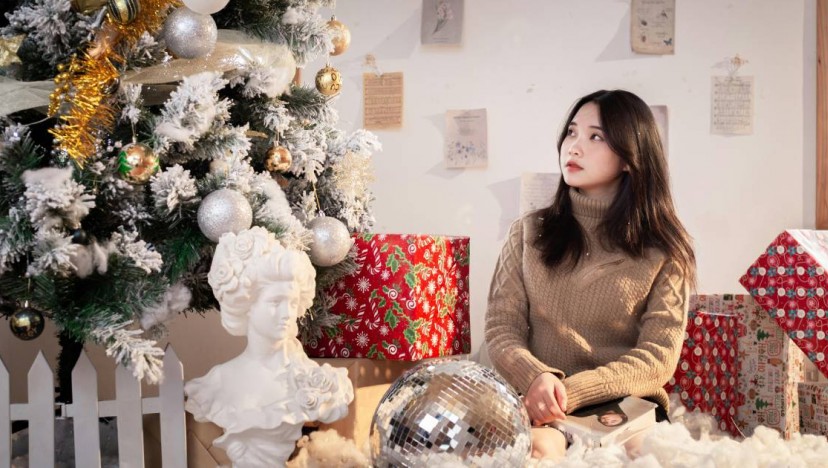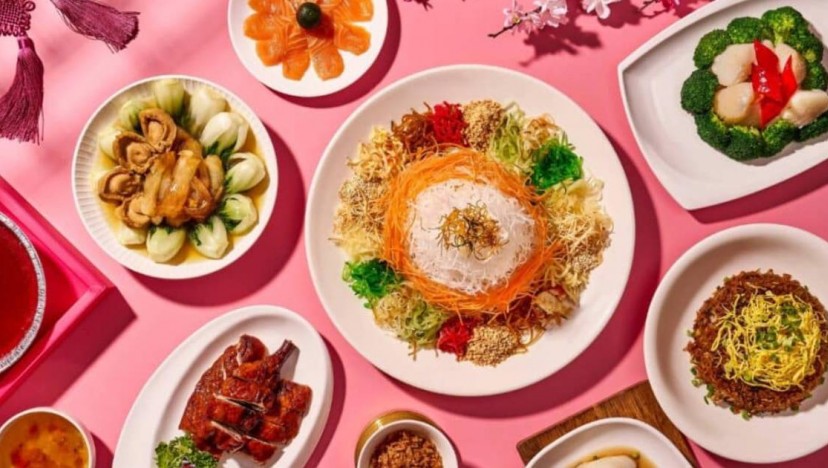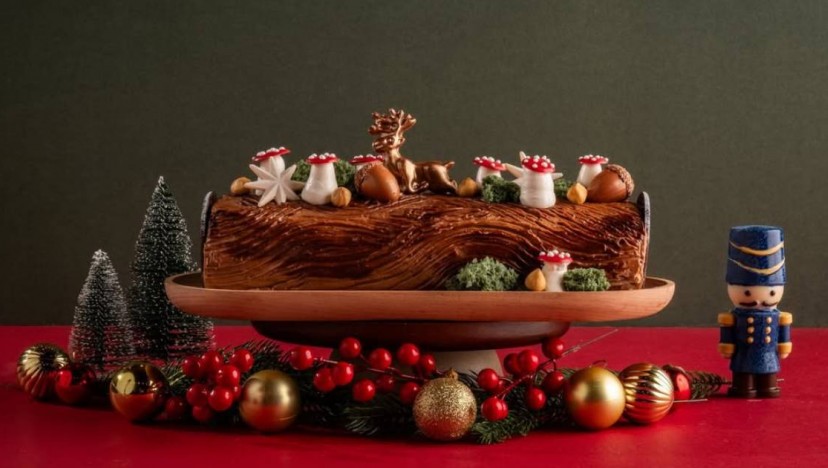Potted plant parenting: How to survive being your tween's emotional decor
You've probably heard about the dramatic stages of parenting: the "terrible twos," the "threenagers" (those toddlers with the sass of a teenager but none of the independence), and the emotional fireworks of the actual teenage years.
But no one ever warns you about the quiet, almost sneaky shift that happens when your kids hit their tweens or early teens.
One day, you're their superhero, the keeper of all their secrets, and the person they run to with every wild thought or feeling. The next, you're basically background scenery.
And yes, parenting at this stage has an unofficial title: potted plant parenting.
It's that strange in-between phase where your kids still want you around, but only as a silent, non-intrusive presence. You're the emotional equivalent of furniture.
They find comfort in knowing you're nearby, but heaven forbid you attempt to engage in a conversation longer than a one-word response or try to sit in the same room without feeling like you're intruding.
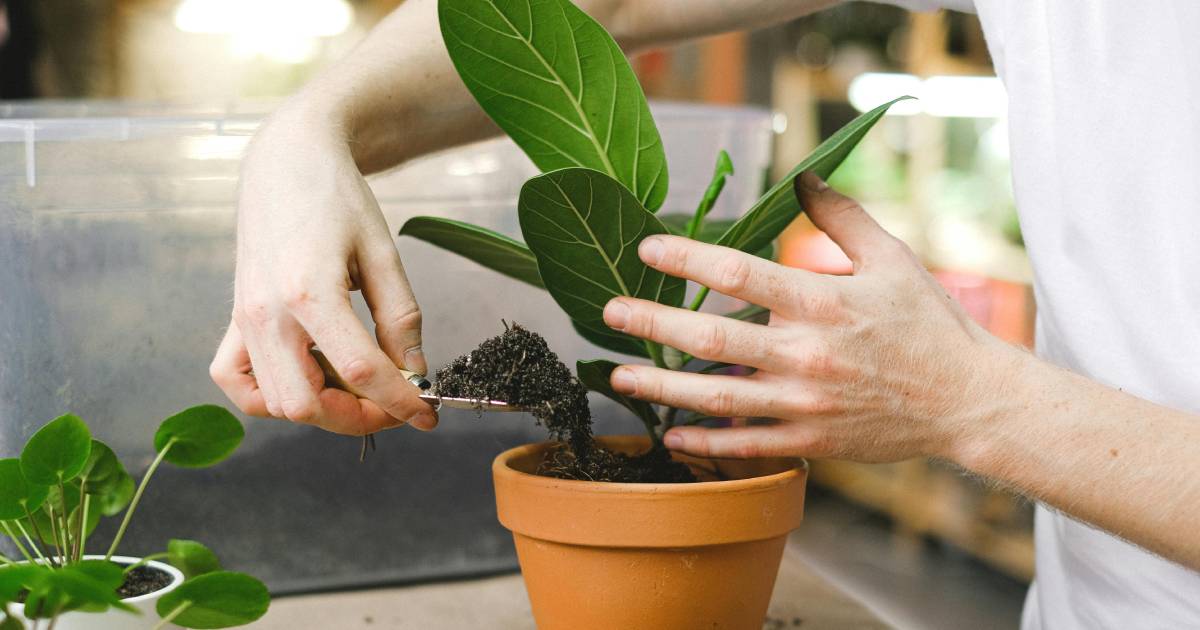
What is 'potted plant parenting'?
At first blush, the phrase might make you chuckle. Potted plant? Parenting? What does nurturing a fiddle-leaf fig have to do with raising a teenager? But the comparison is spot on-and oddly poetic.
Imagine yourself as that steadfast greenery in the corner: rooted, unassuming, and quietly offering a sense of calm.
You're there to provide care and comfort but never demand the spotlight. It's not about grand gestures or constant coddling, your mere presence is the magic.
They want to know you're there-a quiet, dependable beacon of home-even if they don't want to water you with endless conversations or let you soak up all their sunlight (read: attention).
For Singaporean parents, this stage might feel as foreign as a cactus in a rainforest. After all, our culture often celebrates the helicopter parent-the one hovering, planning, and endlessly involved in every aspect of their child's life.
Letting go and taking a step back can feel unnatural, like repotting yourself into unfamiliar soil. But as your kids inch towards independence, this quieter, more observant form of parenting might just be the refreshing shift they (and you) need.
The mixed signals are real
Ever feel like chatting with your tween after school is a bit like trying to interview a celebrity on a bad day?
"How was school?"
"Good."
"What'd you do?"
"Stuff."
And just like that, you're left with a mystery that rivals any Netflix drama. But here's the funny part-ignore them for a bit, and suddenly, they're following you around, spilling the tea about everything from a tough math quiz to their friend's "totally unfair" group project.
It's like they have a secret rulebook: Don't tell Mom anything… until she's distracted by laundry.
This little dance of theirs can feel like a rollercoaster. One minute, they're giving you the silent treatment; the next, they're narrating their day like you're their personal diary.
Spoiler alert: they still need you-just not in the "tell me everything right now" way. Instead, they need you in the "I'll come to you when I'm ready, so keep the snacks handy" kind of way.
Why this phase feels so personal
Let's be honest-being reduced to a potted plant can feel like a blow to the ego. As parents, you pour so much of yourselves into your children.
For years, you've been their confidant, cheerleader, and problem-solver. Then, seemingly overnight, they start pulling away.
It's easy to take this personally. You might find yourself questioning what you did wrong or longing for the days when they couldn't stop talking about their favourite cartoons or the butterfly they saw at recess.
But here's the thing: this shift isn't about you. It's about them growing up, finding their footing, and learning how to navigate the world on their own.
That doesn't mean it's not hard. In fact, many parents describe this phase as one of the most emotionally challenging parts of raising kids.
It's a reminder that parenting is a journey of letting go little by little, day by day.
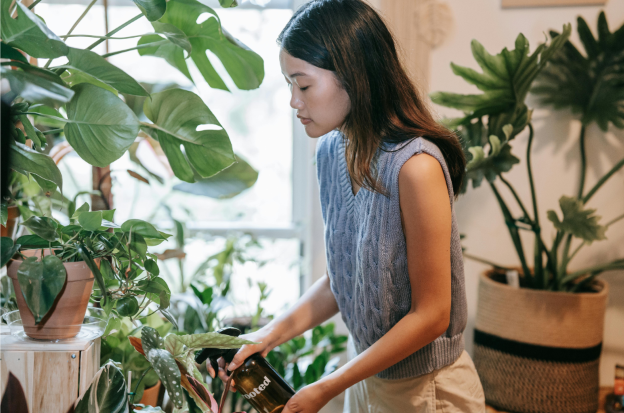
Finding joy in the 'potted plant' role
So, how do you make peace with being a metaphorical succulent on your child's windowsill? It starts with reframing the way you see your role.
First, remember that your presence still matters. Even if they're not actively engaging with you, the fact that you're there is a source of comfort and stability for them.
Whether you're quietly cooking dinner, reading a book, or simply sitting nearby, you're providing a sense of security that they might not even realise they need.
Second, cherish the moments when they do open up. These glimpses into their world may be fewer and farther between, but they're also sweeter.
When your child comes to you with a question, a story, or even a simple "Hey, listen to this", it's a reminder that you're still an important part of their life.
Finally, embrace the opportunity to rediscover yourself. With your kids needing you less intensely, you have the chance to explore hobbies, interests, and friendships that may have taken a backseat during the busier years of parenting.
Tips for navigating this stage
If you're struggling to adjust to the "potted plant" phase, here are a few strategies to help:
Ask open-ended questions
Instead of "How was your day?" try something like, "What was the funniest thing that happened today?" This invites conversation without feeling like an interrogation.
Respect their boundaries
If they're not in the mood to talk, don't push. Sometimes, giving them space is the best way to show you care.
Be available without hovering
Whether you're folding laundry or scrolling through your phone, just being in the same room can create opportunities for connection.
Celebrate small wins
Did they tell you about a school project or ask for advice? Take these moments as victories-they show that your child still values your input.
Stay positive
It's easy to focus on what you're missing, but try to appreciate the new ways your relationship is evolving.
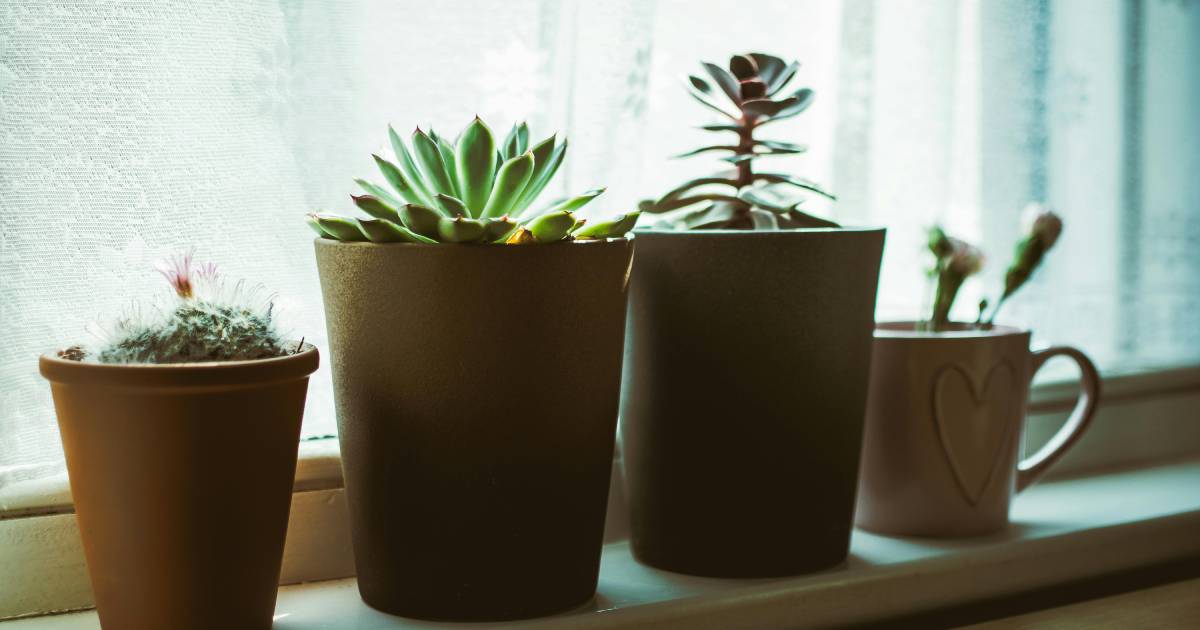
The big picture
At the heart of it all, potted plant parenting is a reminder that your role as a parent is constantly changing.
It's about being there without taking centre stage, offering support without smothering, and trusting that the foundation you've built will guide them as they grow.
Yes, it's a bittersweet stage. But it's also a testament to the love and effort you've poured into raising independent, self-assured kids.
And when the big moments come-the heartbreaks, the triumphs, the milestones-they'll still look to you, their steadfast potted plant, for guidance and comfort.
Soak up your potted plant stage
If this sounds bittersweet, that's because it absolutely is. For years, you've been dodging toddler tantrums, answering endless questions about why the moon follows the car, and making peace with the chaos of sleepless nights.
Then suddenly, without warning, you're faced with a kid who only acknowledges your existence when they need a ride, money, or food.
Your decades of parenting experience feel like they've been reduced to being a personal butler with occasional background noise privileges.
But don't let this new phase trick you into thinking your job is done. Parenting in this stage is its own special kind of challenge.
It's about learning to crack the code of their grunts, shrugs, and occasional "I'm fine," which rarely means they're fine.
It's about being present without being overbearing, supportive without being pushy, and available without smothering them.
It's a strange balance, but it's also a privilege. Even when they act like you're the most uncool human on the planet, deep down, they still need you. They're just figuring out how much space they need to grow.
And while it's not always easy being a potted plant parent, remember that even the most unassuming plant can transform a space.
You bring warmth, comfort, and stability, even if your kids won't say it out loud. Just don't expect them to water you with compliments anytime soon.
Parenting isn't about perfection, it's about presence. As you navigate this phase, remember that simply being there is enough.
Keep showing up, keep soaking up the moments, and trust that your roots run deep enough to weather this season.
And when they do eventually look back-probably years from now-they'll remember the potted plant in the corner that was always there, steady and unshakable, even when they tried to pretend it didn't matter.
Until then, keep your leaves polished, your soil watered and your sense of humour intact.
Because one day, they'll move out, and then who will they call for rides, money or unsolicited advice? That's right. The potted plant always gets the last laugh.
[[nid:711958]]
